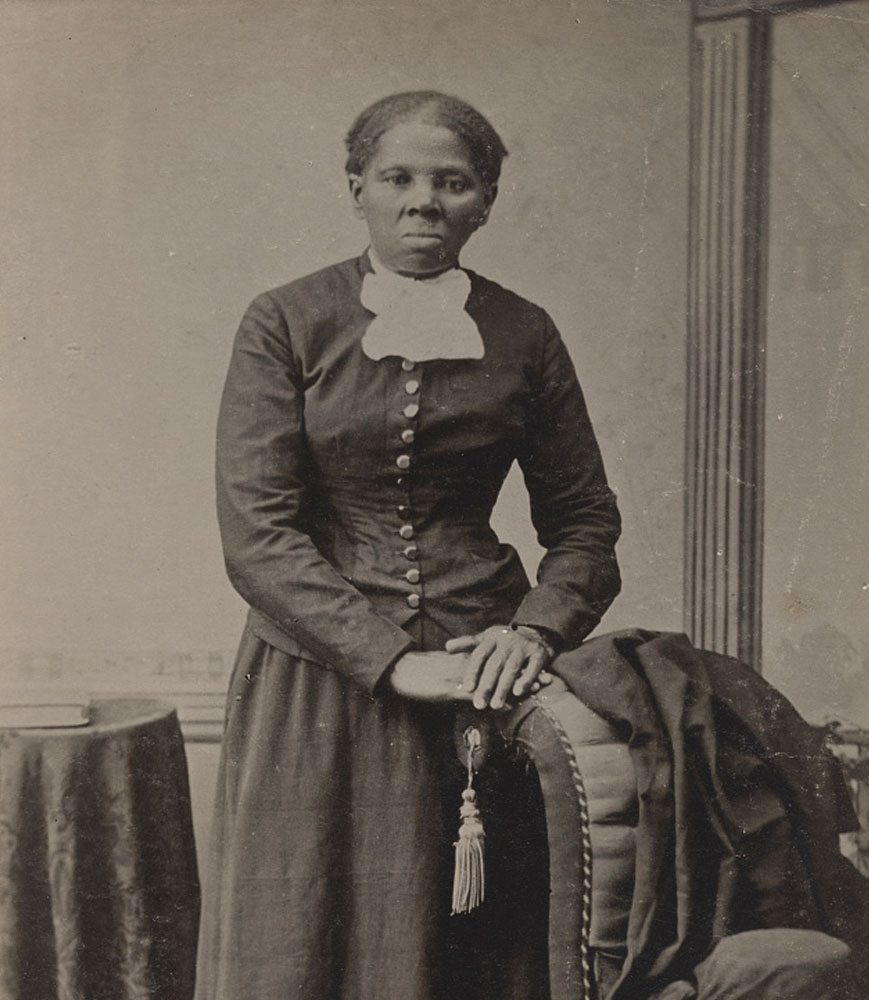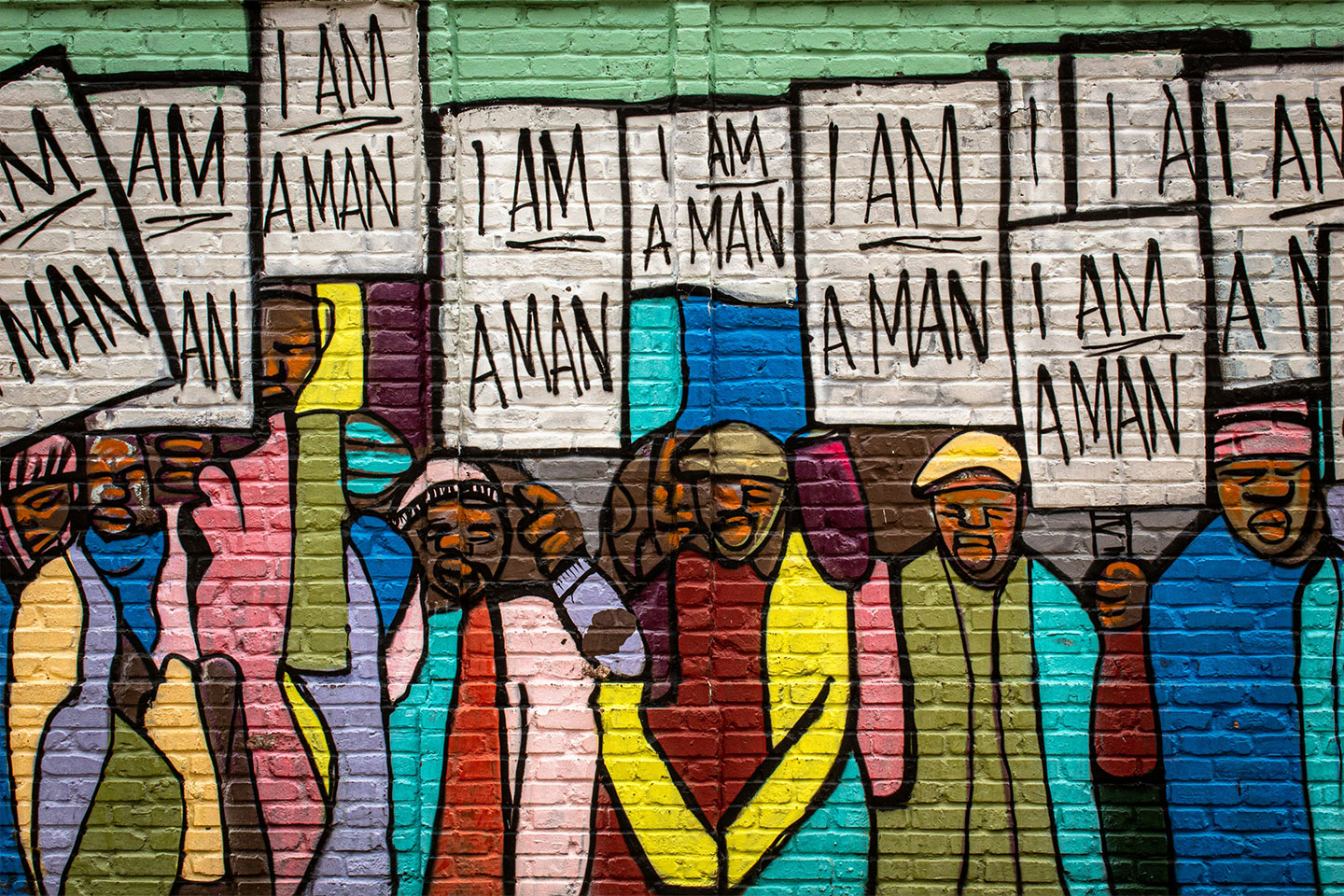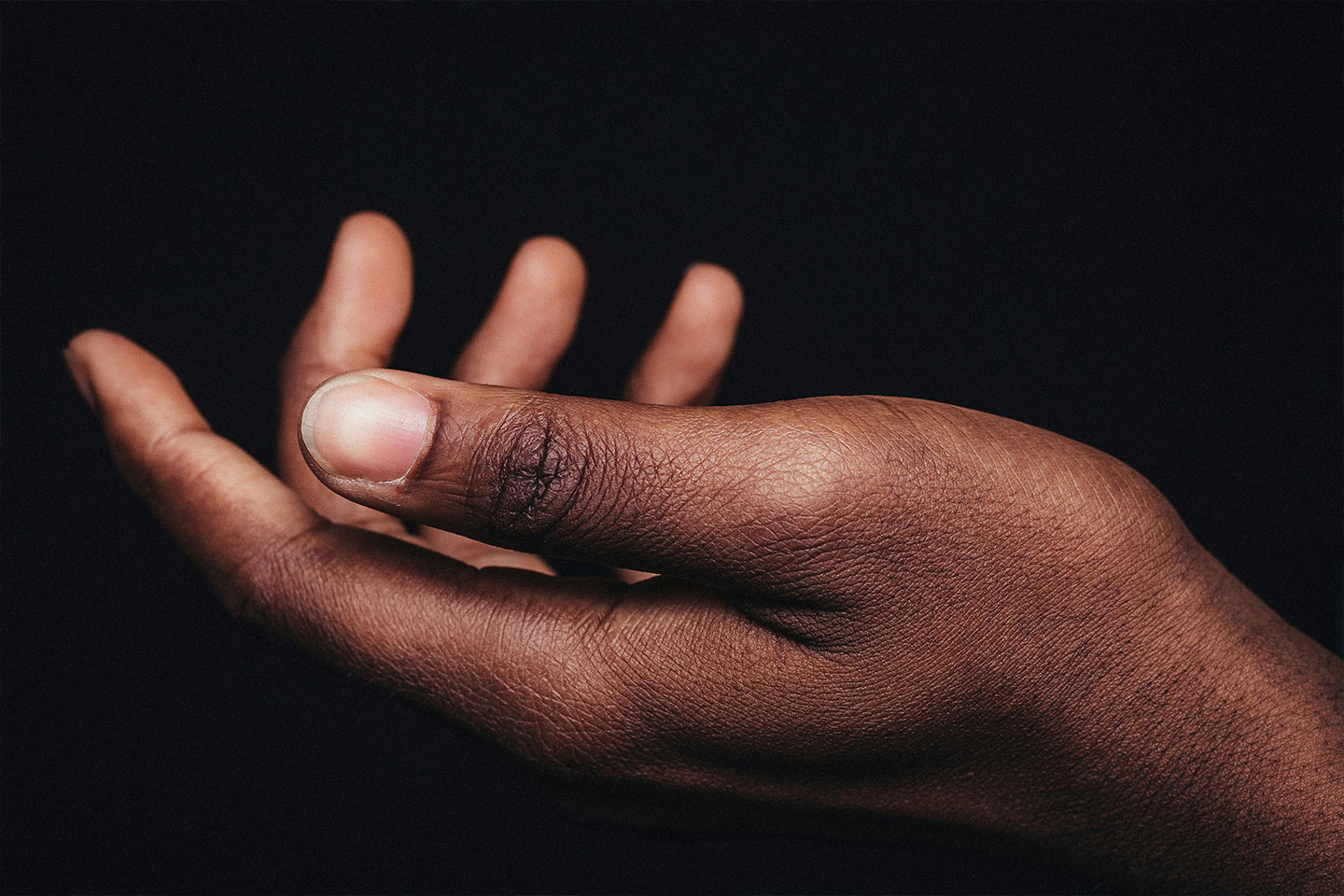Honoring the Overlooked Voices of History
Black history is filled with stories of resilience, innovation, and transformation—but too often, the voices of Black individuals with disabilities remain unheard. Their contributions shaped civil rights, disability advocacy, literature, and law, forging pathways toward a more inclusive world. At Always You, we believe that true inclusion means honoring every intersection of identity—race, ability, and the legacies of those who redefined what is possible.
Throughout history, Black individuals with disabilities have led movements, challenged injustice, and expanded the boundaries of opportunity. Their stories are not just history—they are a call to action.
Trailblazers Who Defied Limits
Harriet Tubman (Epilepsy) – The Ultimate Freedom Fighter
Harriet Tubman’s name is etched in history as a symbol of courage and determination, yet many do not realize she lived with a disability. After surviving a traumatic head injury in childhood, Tubman developed epilepsy, experiencing seizures and visions for the rest of her life.
Despite this, she led over 70 enslaved individuals to freedom through the Underground Railroad and became a key figure in the fight for liberation. Her disability did not define her—it strengthened her. Many of the “visions” she experienced guided her escape routes, allowing her to navigate dangerous terrain with an unshakable sense of purpose.
Her legacy stands as proof that resilience is not the absence of struggle, but the ability to transform adversity into power.

Brad Lomax (Multiple Sclerosis) – Bridging the Civil Rights and Disability Rights Movements
Brad Lomax understood that liberation had to be intersectional. As a member of the Black Panther Party, he was deeply committed to the fight for racial justice. But as he battled multiple sclerosis and began using a wheelchair, he recognized that the disability rights movement was equally critical.
Lomax played a key role in the historic 504 Sit-Ins, the longest nonviolent occupation of a federal building in U.S. history, which led to the implementation of the Rehabilitation Act of 1973—a foundation for modern disability rights laws. His advocacy paved the way for the Americans with Disabilities Act (ADA), ensuring legal protections for millions.
He saw injustice from multiple lenses and refused to accept a world where people were denied their rights based on race or ability. His work remains a blueprint for the continued fight for equity.
While Lomax fought to change laws, Johnnie Lacy battled systemic discrimination in education and proved that true inclusion means having a seat at the table where decisions are made.
Johnnie Lacy (Polio) – A Pioneer in the Independent Living Movement
Denied entry into college because of both her race and disability, Johnnie Lacy refused to be excluded from the spaces where decisions were made. She became a leader in the Independent Living Movement, ensuring that people with disabilities could live, work, and thrive in their communities rather than be institutionalized.
Lacy’s work reshaped the national conversation about disability, proving that autonomy and access were not privileges but fundamental rights. Her advocacy reinforced that true inclusion means not just existing within a community, but actively shaping it.
Maya Angelou (Selective Mutism) – The Voice of a Generation
Before becoming one of the world’s most influential poets, Maya Angelou spent years unable to speak due to trauma in her childhood. Living with selective mutism, she turned to books, writing, and storytelling to express herself.
She emerged as a powerful literary and civil rights icon, proving that voices are not measured by volume but by their impact. Her words shaped movements, uplifted generations, and continue to inspire change worldwide.
Claudia Gordon (Deaf) – A Legal Trailblazer for Disability Rights
After losing her hearing at age eight in Jamaica, Claudia Gordon immigrated to the United States and encountered discrimination firsthand. Instead of allowing these barriers to define her, she shattered them. She became the first Deaf Black female attorney in the U.S., dedicating her career to disability rights and accessibility.
Her leadership has shaped policies at the highest levels of government, ensuring that disability rights remain a priority in both national and international discussions. She is a testament to what is possible when barriers are broken and opportunity is made accessible to all.
Why These Stories Matter
These extraordinary individuals remind us that Black history is also disability history. Their stories challenge us to see disability not as a limitation, but as a source of strength, innovation, and leadership.
At Always You, we are committed to honoring intersectionality, ensuring that every person has access to a life of dignity, opportunity, and limitless potential.
This Black History Month, let’s celebrate those who forged pathways for a more inclusive world. Their legacies do not live in the past—they continue to shape the present and redefine the future.

Join the Conversation
Let’s honor these trailblazers by continuing their work.
- Advocate for inclusion in schools, workplaces, and communities.
- Amplify the voices of those still fighting for access and opportunity.
- Recognize that history is still being written—what role will you play?


